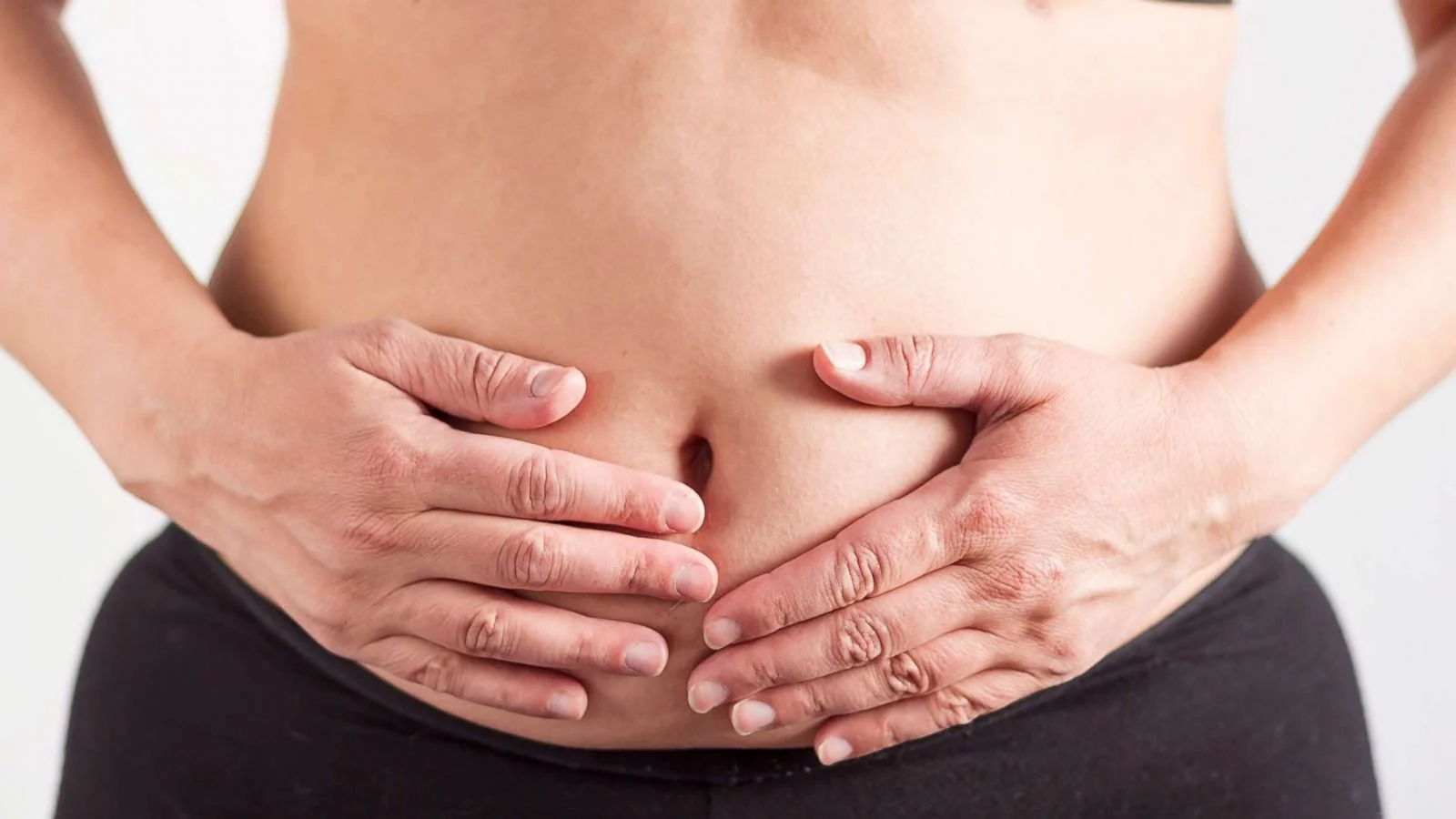FODMAPs - Part 1
Will this help me?
This may be the first clinically proven diet to help with digestive symptoms…and it can be VERY helpful. But, that doesn’t mean it’s good for everyone and, as I mentioned in my introduction rant, it’s not meant to be a long-term solution.
The FODMAPs diet is a dietary intervention meant to rebalance the digestive flora, but if you stay on it too long then it can cause new problems.
So first, let’s take a look at the pros and cons, and then I’ll tell you about how I use it with digestive issues :).
FODMAPs Pros & Cons
FODMAPs Pros:
Highly researched
Reduces some digestive symptoms (especially bloating and gas pain)
Helps you find the foods that trigger symptoms
There are lots of books and resources to help you on your way
FODMAPs Cons:
Overuse of this diet can cause nutritional deficiencies and can lower your gut flora
Restrictive – which can lead to disordered eating
It’s a myopic/reductionist view of food (healthy foods are eliminated; some highly refined food is allowed because it’s low FODMAP)
It requires perfection (ick)
I’ve found that many descriptions of the benefits of the FODMAPs diet are very reductionist. They’re missing that key piece of information – your gut bacteria NEED fibre to be healthy and happy. Therefore, this needs to be a temporary tool to help rebalance.
What’s important is that you don’t eliminate undigestible fibre forever…just for a short period of time to rebalance your gut bacteria. Otherwise, you risk lowering the size and diversity of the colony of bacteria in your gut.
It’s the cons that concern me the most, which is why I only use this diet for one thing – rebalancing SIBO.
SIBO & FODMAPs
I feel that this type of eating is best used to help reduce symptoms of SIBO. I haven’t found it useful for other types of IBS symptoms, there are MUCH easier ways to find balance. MUCH MUCH MUCH easier (check out the gut bacteria rebalance masterclass for one of the easier solutions).
SIBO stands for “Small Intestinal Bacterial Overgrowth”.
In a nutshell, SIBO refers to a strain or colony of gut bacteria that are hanging out in the small intestine when they should be in the colon. The small intestine usually harbours a small and specific colony of bacteria, and when the wrong guys invade you can have some major SIBO symptoms.
SIBO can be a really stubborn overgrowth, so bring some kindness toward yourself if you’ve been struggling with symptoms for a while. Rogue bacteria in the small intestine like to hide under biofilms to evade antibiotics and natural anti-microbials (like oregano oil), which is why symptoms might go away during treatment, but will come back with a vengeance once the antibiotic is finished. This is where the FODMAPs diet can be extra helpful by also starving the bacteria.
My SIBO spidey senses tingle when a client has the following symptoms:
MAJOR & visible bloating – feels 4 months pregnant or worse
Gas & gas pain
Reacts to onions, garlic, and sugar alcohols (like sorbitol, xylitol, maltitol, etc)
These are classic symptoms of SIBO, but I’ve worked with people who have different symptoms and have still benefited from the FODMAPs diet.
If you suspect you might have SIBO, there are 2 ways to see if your inkling is true:
1. Eat a low FODMAPs diet for a week or two and see if you feel better
AND/OR
2. Go to your doctor or Naturopath and ask for a SIBO breath test
The breath test can be really helpful. It will confirm whether or not you have SIBO and will tell you which type of SIBO you have. Once you know which type of SIBO you have you can be prescribed the right antibiotic that will kill off your specific nasty bug. The antibiotic is helpful, but you can find balance without it.
What causes SIBO?
Many digestive issues can cause SIBO, aka the migration of bad bacteria into the small intestine. Here are a few:
Weak stomach acid – when your stomach acid is strong, nasty invaders will be killed off before they reach your intestines. But, if your stomach acid is weak, they can easily move into your small intestine
Lack of bile production – bile is another way your body kills off invaders before they take up residence. A missing or an under-functioning gallbladder can cause SIBO.
Enzyme deficiency – Sometimes, your pancreas gets tired of producing the same enzymes day in and day out (because we eat similar food every single day). This leaves undigested carbs to feed a rogue strain of bacteria.
Ileocecal valve dysfunction – there’s a valve between your small and large intestine. It opens to let food through, but then closes up tight so colon bacteria can’t enter the small intestine. Some prominent practitioners believe that this is the main cause of SIBO. Unfortunately, I haven’t found any way of fixing this issue…but I’m on the hunt!
All in all, SIBO is highly underdiagnosed so it may be much more prevalent than we think. And, the FODMAPs diet works beautifully to help to reduce symptoms and get that rogue bacteria back where it belongs!
If you think that the FODMAPs diet will be helpful for you, move on to Part 2…but also read the FAQs in Part 3 before you get started!
Got any questions or comments? Comment below, jump to our private Facebook Group, or the Ask Lisa page :).



